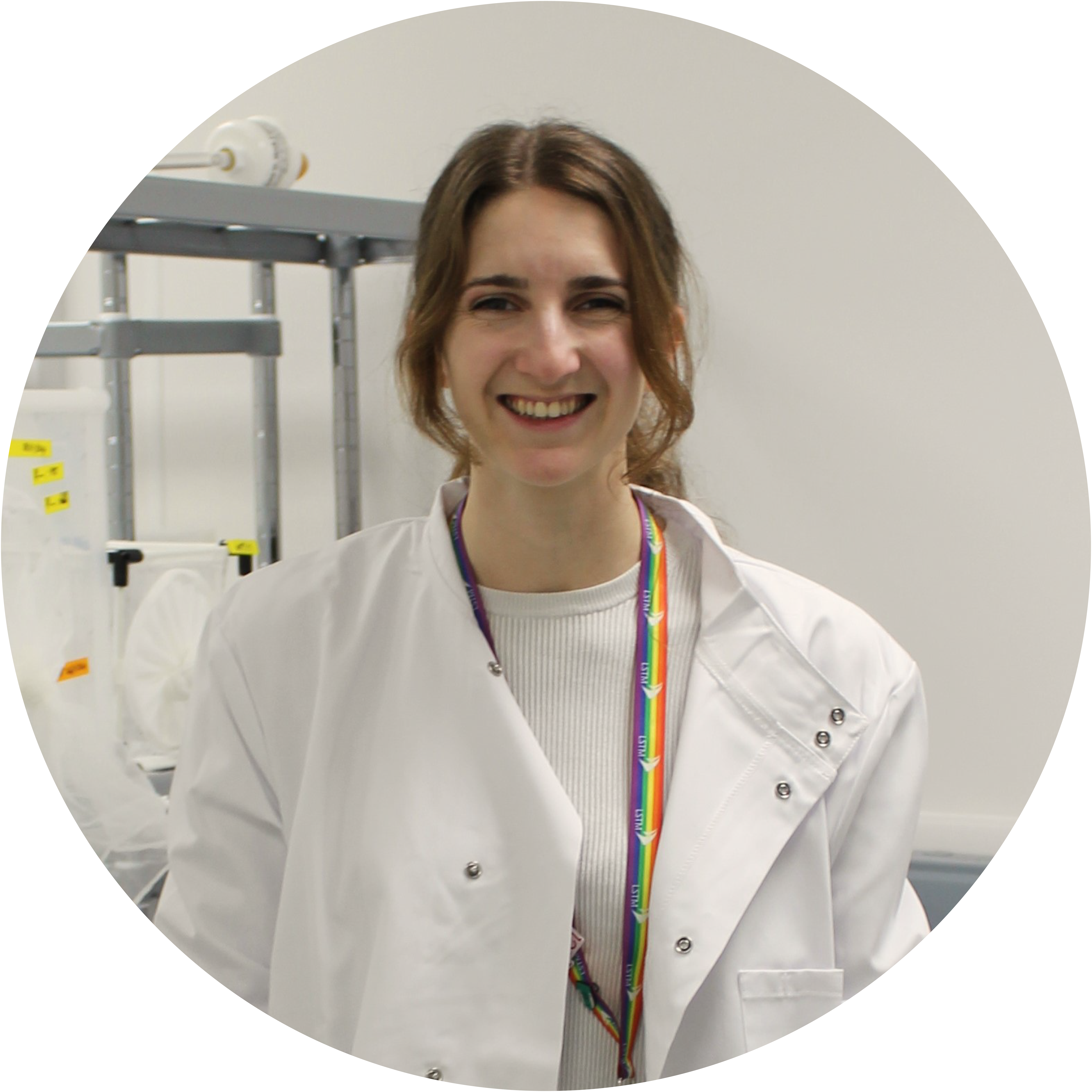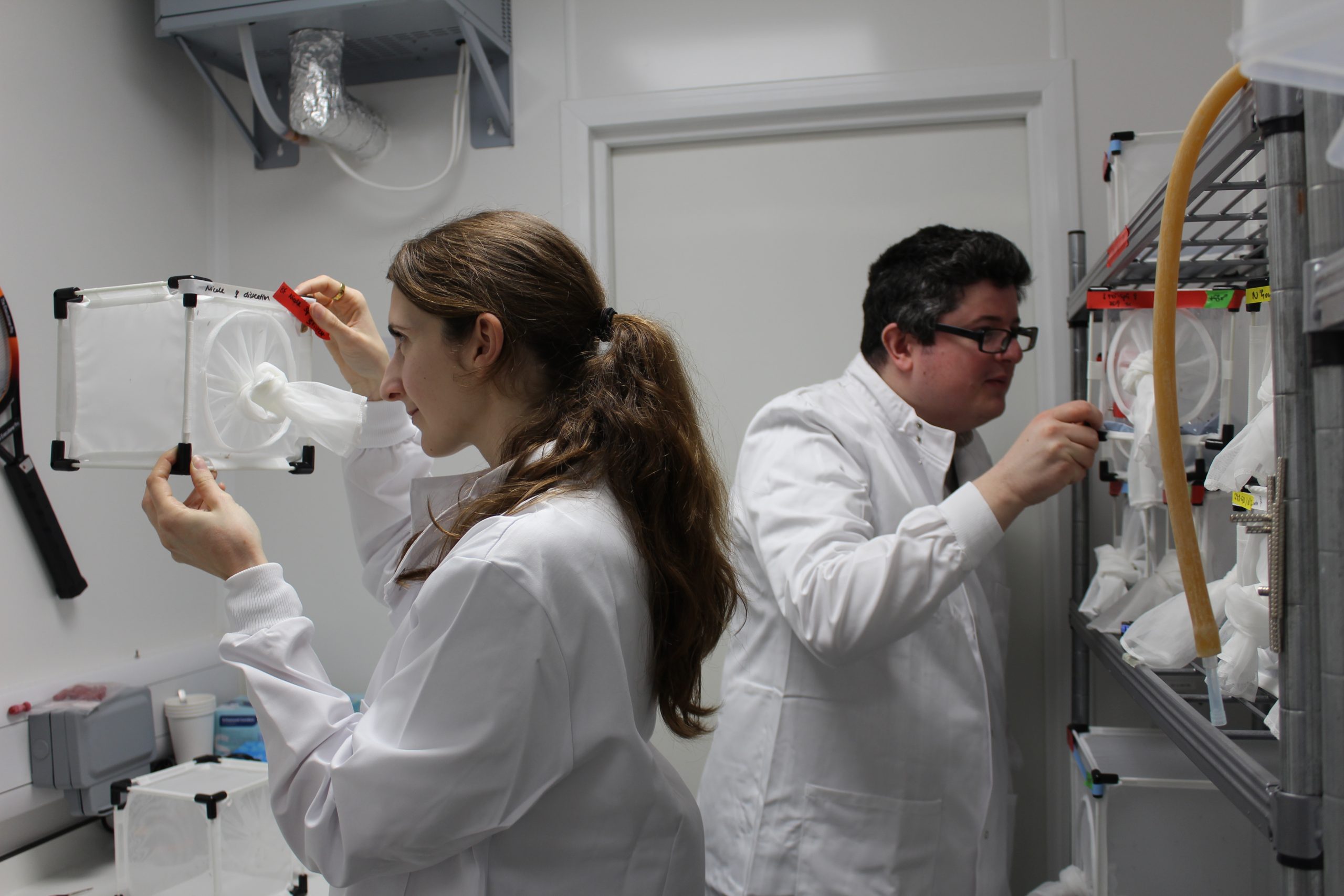An interview with Dr. Nicole Page, Post-Doctoral Research Associate, Liverpool School of Tropical Medicine

February 11 marks International Day of Women and Girls in Science, a day to promote full and equal access to and participation in science for women and girls. For the occasion, we spoke to Dr. Nicole Page, Post-Doctoral Research Associate at the Liverpool School of Tropical Medicine, about her journey to become a scientist, her current role and her advice to girls and women considering a career in STEM.
What led you to pursue a career in vector biology? Could you share a bit about your journey and your current role at the Liverpool School of Tropical Medicine?
I chose to pursue a career in biology because I wanted to learn how to harness the knowledge garnered about the complexities of the living world and use it to help tackle global issues. This led me from a broad scoping biological sciences degree at the University of Bristol to a more specialized Master’s programme in applied bioscience at Imperial College London. It was here that I chose a research project in the field of vector biology, working on genetically modifying the African malaria mosquito Anopheles gambiae to develop new tools to control malaria. This was the perfect marriage of my interest in the underlying biology of living organisms and solving a global health problem and, consequently, led me to pursue a PhD in the same research area. I now work as a Postdoctoral Research Associate at the Liverpool School of Tropical Medicine and my research is focused on using synthetic biology to find new ways of improving the effectiveness of genetic approaches for vector control.
What, in your opinion, are the major challenges in achieving malaria elimination?
I believe that the biggest challenge in achieving complete elimination of malaria will be reaching the level of global communication and collaboration that is necessary to tackle such a devastating and widespread disease. There are a number of different tools being developed to fight malaria, whether it be vaccines, anti-malarial drugs, or control strategies targeting the mosquito vector itself, but no one tool by itself is likely to successfully eradicate the disease. This is becoming more apparent with the rise in insecticide resistance and the effects of climate change adding growing uncertainty around currently malaria-free areas becoming viable vector habitats. An informed collective effort, combining the benefits of all the strategies we have to offer, will no doubt give us the best chance of a malaria-free future.
Could you share with us a brief overview of your current research?
My current research is focused on genetic approaches to control mosquito vectors of malaria and using synthetic biology to find novel tools that could improve their effectiveness. Genetic control is a term used to describe ways in which we can alter the genome of mosquitoes to make them less efficient at transmitting malaria. This can be achieved in several ways such as increasing the mosquito’s immune response to the malaria parasite, inhibiting their ability to seek a human host or even removing their ability to reproduce and survive. All these methods rely on the ability to edit and reconstruct the mosquito’s DNA with extreme precision. I am working towards finding novel tools to increase our accuracy in mosquito gene editing and help build robust vector control technologies.

What’s a common misconception people have about mosquitoes or malaria?
A common misconception I have noticed is that many people are under the impression that every mosquito you see or hear buzzing around your bedroom at night is a potential threat for malaria. In reality, there are thousands of different species of mosquito, with only a handful of them capable of transmitting malaria, and amongst these only the females are actually capable of biting and causing any harm. The goal of genetic approaches to vector control is not, as some might believe, to wipe every pesky mosquito off the face of the earth, but to reduce or alter the populations of malaria-transmitting mosquitoes to a point that the disease can no longer persist.
On International Day of Women and Girls in Science, what message or advice would you share with women pursuing or considering a career in STEM?
I find working in STEM brings me great satisfaction and purpose in my day-to-day and feel extremely grateful to have found a job that I find truly exciting. Working in an environment surrounded by brilliant people can be an intimidating thing but I would encourage anyone with a passion for science to pursue a career in STEM as increasing the diversity in the thought chamber can only drive us further forward.
Recent posts
